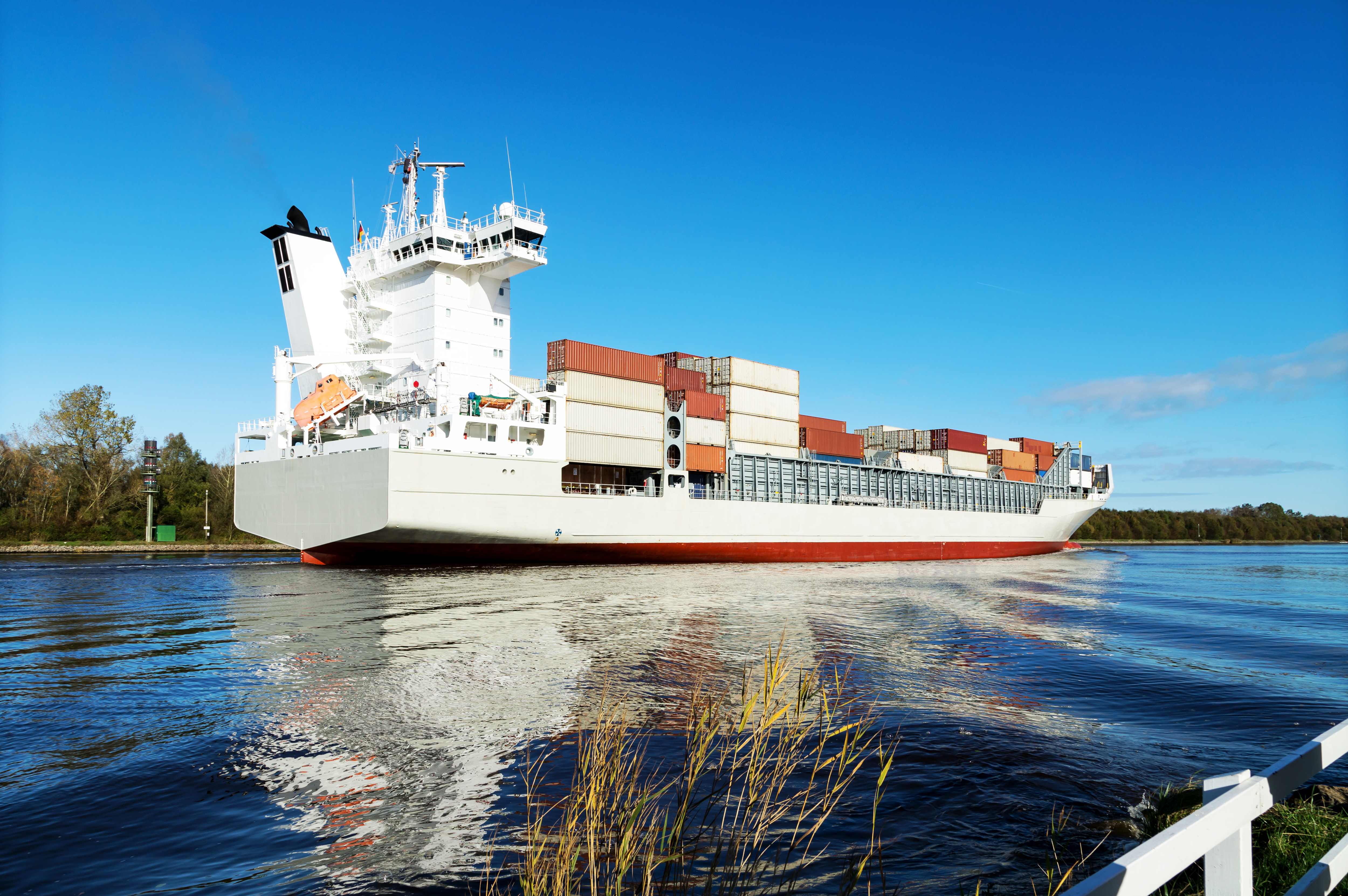You need an account to access this content
Create a free account and get access to all downloads and more!

Expert blogs

14 Apr 2023
5 min read
 Annual average carbon intensity reduction. Source: ©Council of the European Union, 2023
Annual average carbon intensity reduction. Source: ©Council of the European Union, 2023
This new FuelEU Maritime regulation is part of the EU’s Fit for 55 package, which is a set of proposals to help accelerate the decarbonisation of the European economy in line with the EU’s climate objectives. The title ‘Fit for 55’ refers symbolically to the EU’s target to reduce net greenhouse gas emissions by at least 55% by 2030. The provisional agreement on the regulation needs to be officially approved by the two EU institutions and should then enter into force on 1 January 2025.
What is the difference between the recently reached FuelEU Maritime initiative and the previously introduced regulations by the International Maritime Organisation (IMO)? FuelEU Maritime exceeds the stringency of the IMO regulations, implementing more substantial measures to lower maritime emissions.
In a nutshell, the FuelEU aims to achieve three primary objectives:
With a few exceptions, the new European maritime regulation applies to vessels weighing above 5000 gross tonnes that transport passengers or cargo for commercial purposes and use European ports. As reported by the European Council, ships of this size constitute 55% of all vessels and are responsible for 90% of all carbon emissions in the shipping industry in the EU.
In contrast to the existing IMO regulations, FuelEU will also introduces financial penalties for non-compliant ships. It is expected that the EU Commission will introduce an electronic database to record the performance and compliance of all vessels.
What are the anticipated advantages from this new regulatory initiative? The regulation aims to ensure a fair playing field for the maritime sector and increase the production and adoption of affordable maritime fuels. Consequently, this could drive innovation and investment in sustainable maritime transport, while also ensuring more environmentally responsible transport for the citizens of the EU.

The EU maritime regulation represents a significant milestone in the shipping sector's transition towards a more sustainable future. This regulatory initiative offers an ambitious timeframe for the industry to undertake the necessary steps towards adopting cleaner, renewable fuels, and reducing emissions. The extent to which shipowners will adopt the regulation is yet to be seen , and remains a critical factor in the industry's progress towards greater sustainability. As we enter the next decade, shipowners will be required to assess the trade-off between financial penalties and investment in upgrading their systems to operate sustainably on eco-friendly fuels.
For ship owners the time is now to start preparing for more sustainable operating fleets and ensure they have systems in place that can monitor the energy usage, both during operation and at berth. The energy transition is not a simple journey and one that requires collaboration with experienced partners. If you are still considering where to start, ComAp can be your partner on the road to environmental sustainability.
ComAp has a range of innovative solutions that can significantly enhance vessel efficiency and reduce emissions using cleaner technologies.
Need some guidance on how to prepare your vessels to be compliant with the new FuelEU Maritime regulation? Contact us to discuss how we can effectively improve your vessel's performance and reduce its environmental impact.